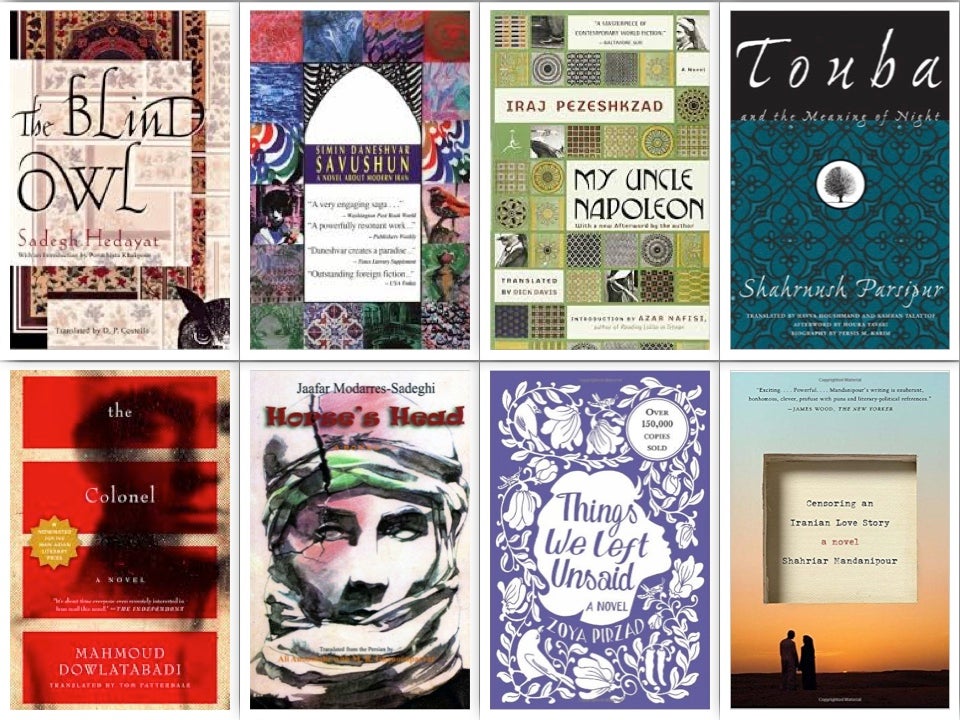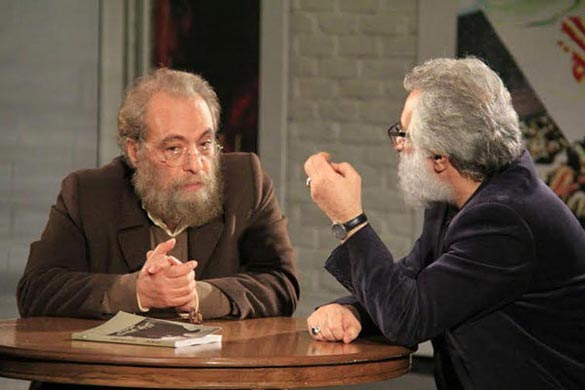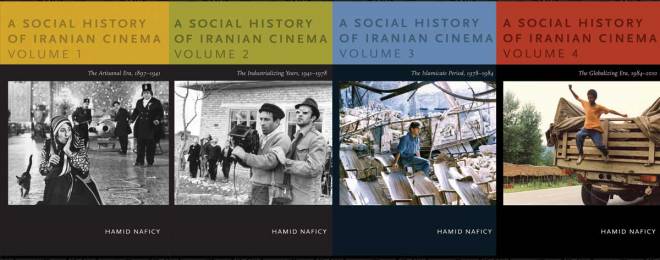Baharestan and the Persian New Year
The Persian New Year, called Nowruz (“New Day”), is the first day of spring—Thursday March 20, 2017, in the United States. It is calculated to the second, according to the moment that the sun crosses the equator. This non-Islamic holiday, which is shared by many countries, including Afghanistan, Kazakhstan, and Azerbaijan, is based on the seasons and agricultural tradition, going back 3,000 years to Zoroastrian rituals.
Baharestan and the Persian New Year Read More »
The Persian New Year, called Nowruz (“New Day”), is the first day of spring—Thursday March 20, 2017, in the United States. It is calculated to the second, according to the moment that the sun crosses the equator. This non-Islamic holiday, which is shared by many countries, including Afghanistan, Kazakhstan, and Azerbaijan, is based on the seasons and agricultural tradition, going back 3,000 years to Zoroastrian rituals.








